Overview
Urlabari Multiple Campus was established in 1987 AD (2043) as a community campus. It is located in Urlabari, Morang district of Nepal. UMC is affiliated with Tribhuvan University, National Examinations Board (NEB). The campus continues to thrive through the dedication of local stakeholders and the active participation of the community.
The University Grant Commission of Nepal also recognizes Urlabari Campus. It offers Bachelor's degrees, Master's Degrees, and programs for students with a Ten Plus Two qualification, such as Bachelor of Arts (BA), Bachelor of Business Studies (BBS), Bachelor of Education (B.Ed.), MA in Rural Development, Master of Business Studies (MBS), and Master of Education (M.Ed.) and 10+2 programs.
Urlabari Multiple Campus is a fully community campus with almost 1200 students studying in BA/B.Ed./BBS/MA/MBS/M.Ed. It is located nearly 50 Km. North east of the headquarters of Morang District, Biratnagar, near the Mahendra Highway.
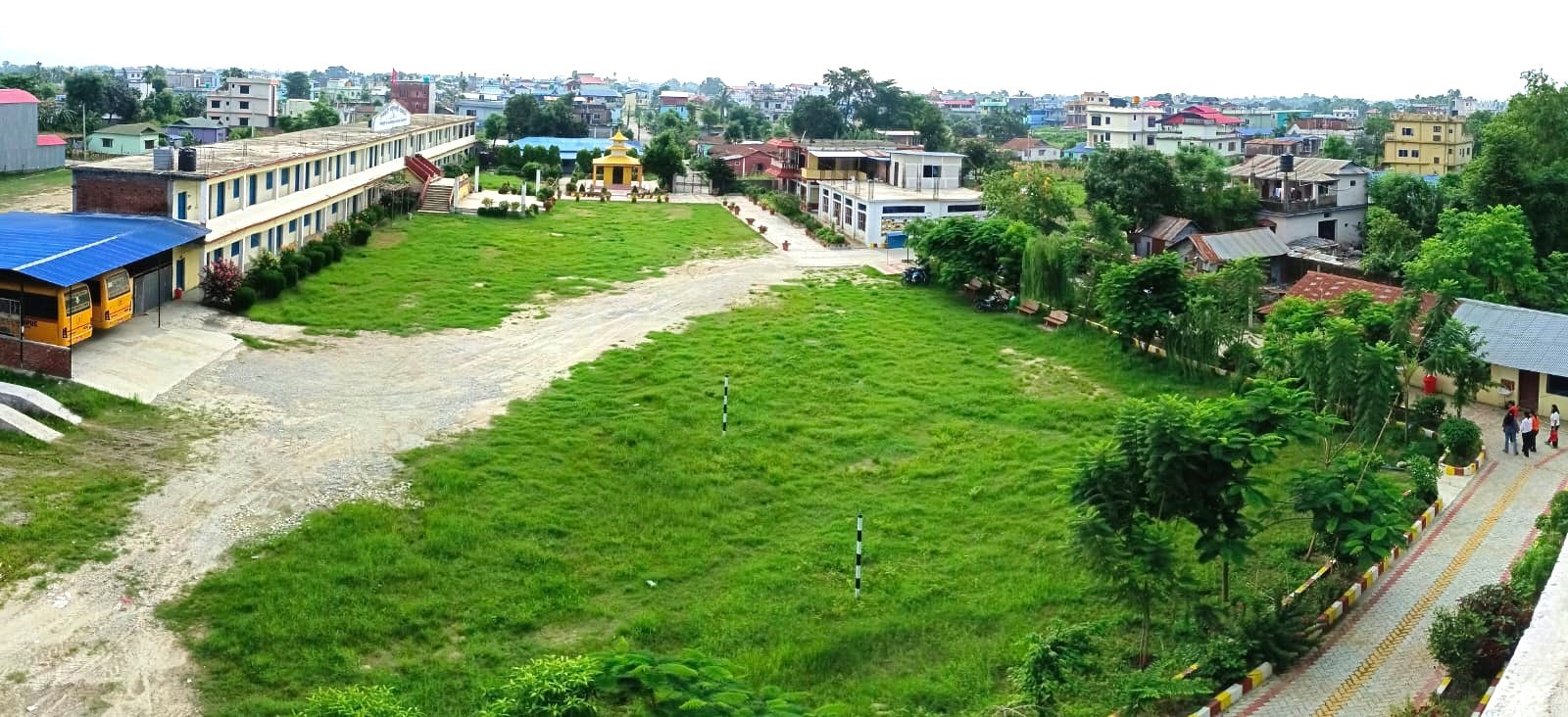
Educational Programs
-
Plus Two Level: The campus offers programs in Management, Education and Humanities.
-
Bachelor Level: Programs include Bachelor of Education (B.Ed.), Bachelor of Business Studies (BBS), Bachelor of Arts (BA) and Bachelor of Social Work (BSW).
-
Master's Level: The campus offers Master of Business Studies (MBS), Master of Arts (MA) in Rural Development, and Master of Education (M.Ed.) with specializations in Nepali, English, Curriculum and Population.
Physical Infrastructure and Development
Land
-
The campus owns 2 bigha 3 kattha 17 dhur of land.
Classrooms
-
There are 35 classrooms used for teaching and learning activities.
Buildings
-
An old academic building (1)
-
A new academic building
-
An administrative building
-
A multipurpose auditorium hall
-
A temple
-
A canteen
-
Bicycle and motorcycle parking areas
-
Bus parking facilities
-
A library building (1)
Financial Support
-
The campus has received financial grants from the Commission, which have supported various development projects.
Honours and Recognition
From its inception, the campus has enjoyed generous support from individuals and groups. Local leaders, social workers, intellectuals, politicians, industrialists, business people, parents, students, elected representatives, members of parliament, and both government and non-government organizations have provided financial, material and moral assistance. The campus expresses heartfelt gratitude to all donors, land contributors, building constructors, volunteers, industrialists, traders, politicians, intellectuals, social workers, representatives and media friends for their invaluable support.
Student Facilities and Scholarships
To provide accessible education, the campus participates in SHEP HERP and other programs aimed at talented, economically disadvantaged, Dalit, Janajati, indigenous, minority and underserved students. Urla Bari Municipality provides scholarships to 20 students each year. With limited resources, the campus also offers partial free tuition. When three children of the same parents study at the campus, the tuition fee for one child is fully waived. Educational tours are organized under campus supervision to support students’ academic, intellectual, professional and personal development.
Division of Responsibilities and QAA Process
To ensure efficient and transparent operations, the management committee has formed several sub‑committees. The IQAC and SAT sub‑committees actively drive quality assurance efforts. The campus has been working towards obtaining QAA certification for several years. On Shrawan 15, 2079, experts from the EQAAC department of the University Grants Commission conducted a one‑day site visit and provided guidance. Following the implementation of these suggestions, the campus renewed its Letter of Intent (LOI) at the end of 2079. The LOI was approved by EQAAC in Jestha 2080, along with the campus’s self‑study report.
Continuing these efforts, a preparatory study visit took place from Magh 24 to 26, 2080, led by Prof. Dr. Basudev Kafle and QAA Secretariat staff member Navina Chaulagain. Their detailed report offered profound insights, and the campus is diligently implementing the recommendations. Documents such as the self‑study evaluation report, detailed master plan, IQAC guidelines and PRT response have been submitted to the relevant authority. After implementing further improvements, the campus expects a final visit from EQAAC soon, with the goal of becoming QAA Certified. Sub‑committees for construction, library, teaching, research and publications have all made commendable contributions to this process.
Student, Faculty and Staff Numbers
Since starting with the proficiency certificate level in 2043, student numbers have fluctuated but have risen steadily in recent years. This year the campus had 1,496 students. There are 39 teachers and 14 non‑teaching staff. The campus takes pride in its 36‑year history of producing skilled graduates who have achieved success both at home and abroad.
Library, Computer Lab and Educational Materials
The campus library holds 10,280 books, including textbooks, reference books and journals. The library has been expanded and efforts are underway to develop it into an e‑library. To support this, the campus invites library experts from the Central Campus of Technology in Dharan and from the Tribhuvan University Central Library (Koshi and Madhesh Province representatives) and international master trainers to provide training to faculty, staff and students on online resources. Plans include increasing the number of computers, completing the e‑library building quickly and further expanding and strengthening the library.
Other Achievements
-
Development, implementation and evaluation of mechanisms to improve educational quality.
-
Strengthening departments and ensuring adherence to guidelines.
-
Allocating 5% of the annual budget to research activities to foster a research culture among faculty, staff and students.
-
Publication of the second issue of the peer‑reviewed research journal "New Journey".
-
Continued monthly publication of the house journal "College Times" to share campus activities and writings by teachers and students.
-
Ongoing discussions and consultations with stakeholders.
-
Conducting educational and academic activities through the annual academic calendar.
-
Developing a practice of preparing departmental annual work plans and subject‑wise plans and implementing them.
-
Under the disaster management and community stakeholder program: conducting snakebite awareness workshops and distributing teaching materials at Birendra Public School in Amaradaha, Sunbarshi Municipality.
-
Under the community‑oriented and outreach program: distributing educational materials to community school students, involving students in creating zebra crossings, and organizing cleanliness programs in public places.
-
Promoting civic and moral awareness among students by organizing blood donation programs, drug abuse awareness sessions and moral education classes.
-
Hiring subject experts to provide research writing training to faculty and staff.
-
Operating Teacher Service Commission and Public Service Commission exam preparation classes to help students prepare for employment.
-
Continuing additional support classes for students who need extra help after internal exams.
-
Operating banking training, internships and counselling programs.
-
Dhir Dharicharjpatra Vidhir Laivel Gari Vadhan Parin Jis (text as provided).
Future Programs
-
Manage sustainable resources for the campus by coordinating with Urla Bari Municipality and other agencies.
-
Implement the campus’s detailed master plan.
-
Expand relations with national and international educational institutions.
-
Increase student enrollment and pass rates while reducing drop‑out rates.
-
Continue constructing ongoing buildings.
-
Complete the construction of an educational building funded by the University Grants Commission, and request additional grants for another floor.
-
Seek resources for additional building construction.
-
Organize entrepreneurship training for students.
-
Provide training on soft skills and employment‑oriented skills for students.
-
Through the Employment Promotion Cell, assist graduates in finding jobs.
-
Conduct feasibility studies for new educational programs as per student demand and work to add science and other employment‑oriented technical subjects.
-
Undertake all necessary work to upgrade the campus to QAA Certified status.
-
Strengthen relationships with stakeholders, the community and well‑wishers.
-
Regularly publish the research journal "New Journey".
-
Develop the campus as a centre for academic research.
-
Further organize and improve the library and computer lab, adding new and updated research‑oriented books.
-
Establish sister relationships with national and international educational institutions.
-
Increase small research projects.
-
Sign and operate programs related to academic upgrading with domestic and foreign universities.
-
Facilitate campus entry for women, Dalits, marginalized groups, indigenous peoples, individuals with different abilities, the poor and the disadvantaged.
-
Conduct feasibility studies and seek funding for hostel construction for students from distant areas.
-
Expand the campus canteen to make it more spacious.
-
Install multimedia projectors in all classrooms and transform the traditional teaching–learning system into a modern technology‑friendly method.
The management committee emphasizes that all future programs will focus on upgrading Urla Bari Multiple Campus to a Quality Assurance and Accreditation Certified Campus, enhancing the physical and academic environment and promoting the holistic development of the campus.
Contact Urlabari Multiple Campus's administrative office for detailed information on the course, admissions, location, fees, scholarships, facilities, counseling, or eligibility.



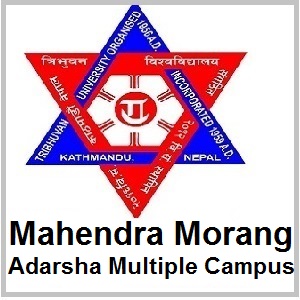
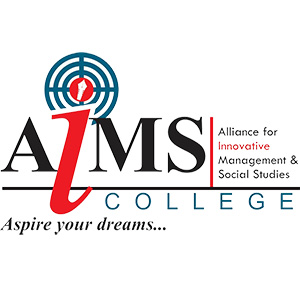
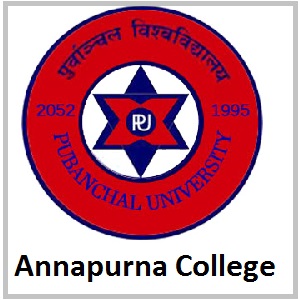
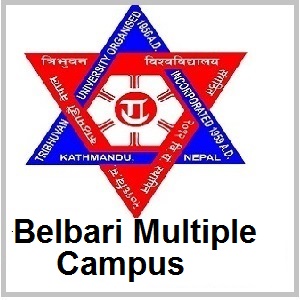
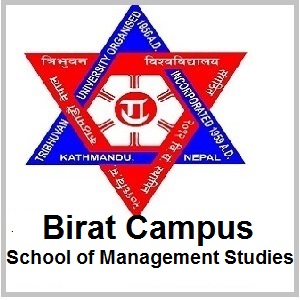
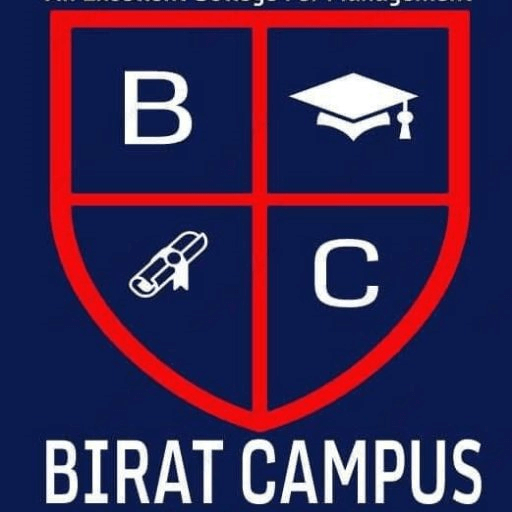










You need to login to comment.